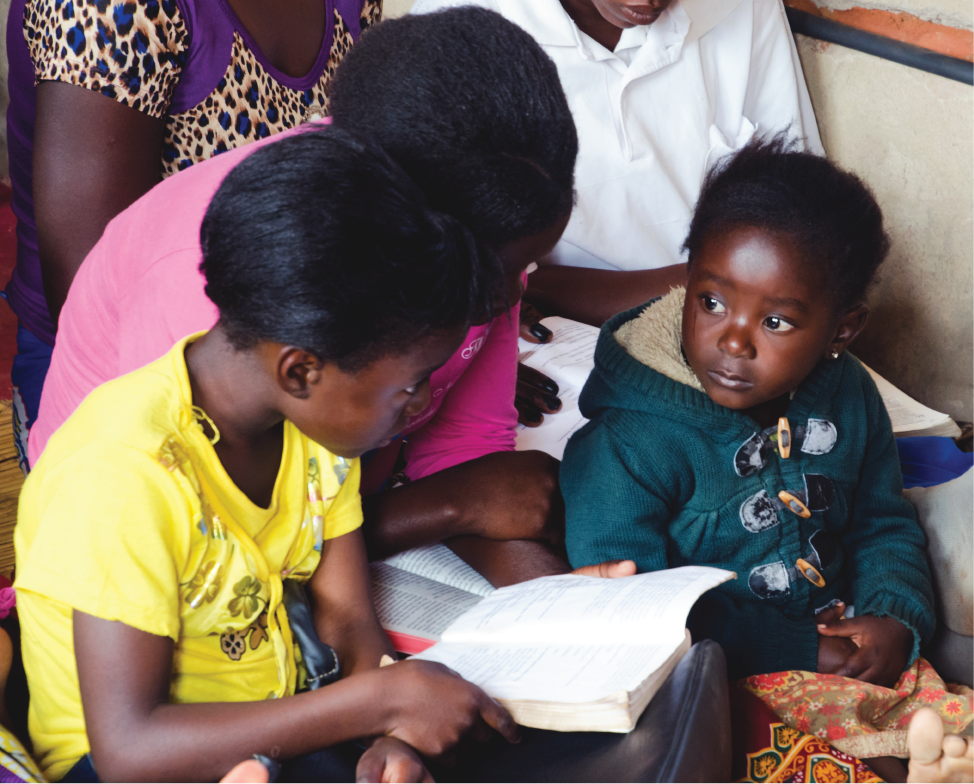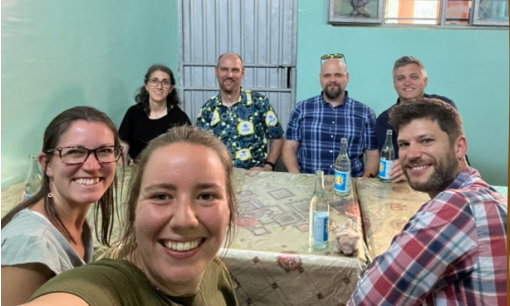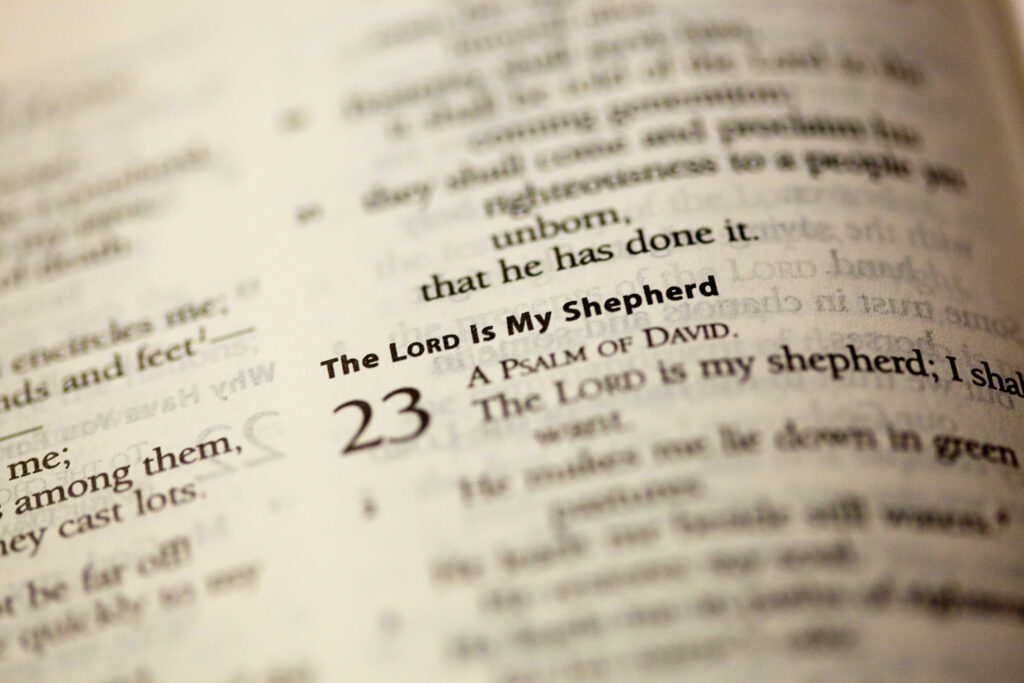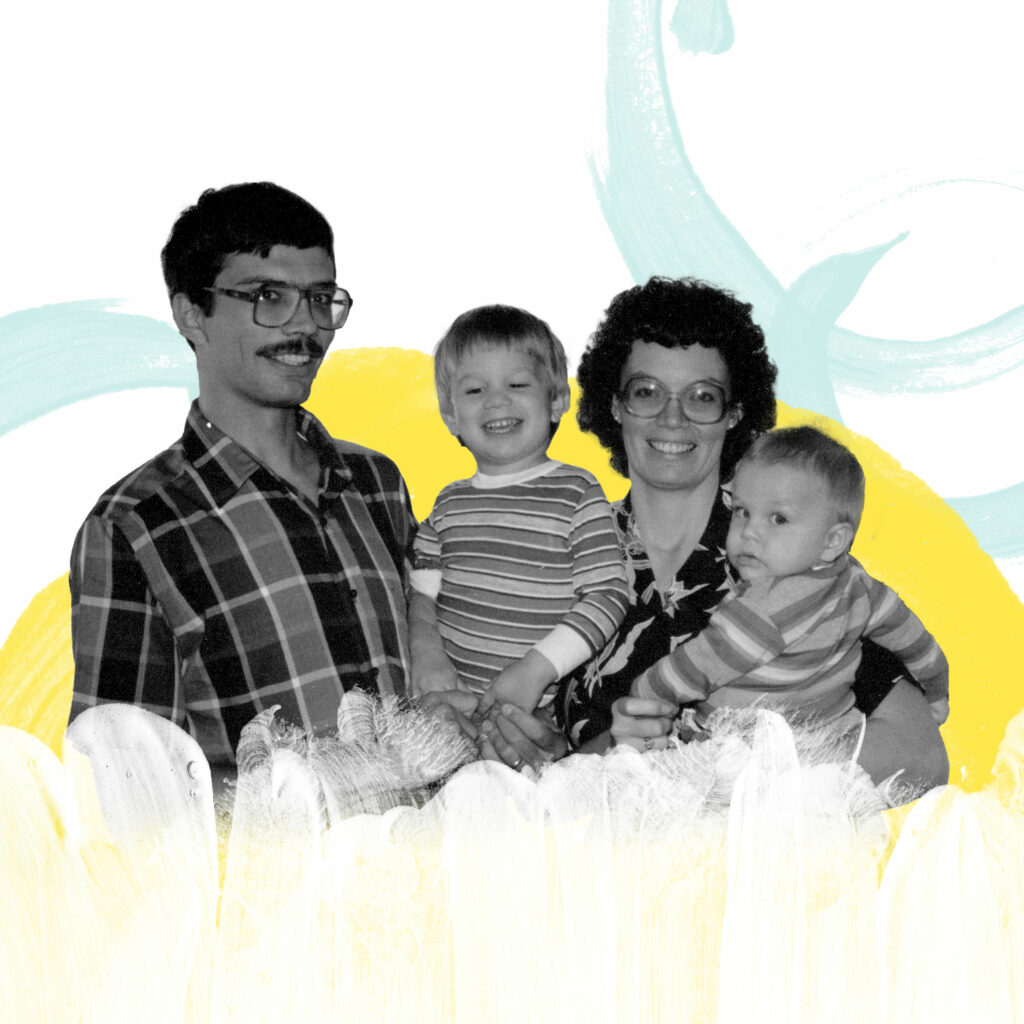Blog
Press Release: January 14, 2020
Words and Actions

There is no doubt that the social, political, and religious frameworks of a culture have a profound effect on how people think and behave. As these things change over time, the culture also adapts and evolves.

Language can also be affected by the prevailing standards found within a culture, developing and changing when influenced by shifting events and values. For instance, when St. Augustine arrived in England in 597 A.D., only remnants of the Christianity that existed during the Roman occupation remained. As the influence of the Church grew during the next centuries, Latin words were introduced into the English language, while the Latin alphabet was adopted as the writing system. Schools were established in most of the monasteries and larger churches, highlighting the necessity and desirability for learning. Ultimately, both the English language and culture were affected.

Language is the primary means by which we communicate with one another. It also reflects how we perceive ourselves and the world around us. The speakers of a number of the world’s languages often express themselves in the passive voice as opposed to the active voice. When saying “the ball is thrown” the focus is on the object and what is happening to it. The one responsible for “throwing” is not named. Some have observed that languages with a predominant use of passive voice may have belief systems of multiple deities or spiritual powers. Is it possible that the grammar of these languages reflects a worldview where people feel they are at the mercy and whim of powerful forces beyond their control? Could this relate to the hopelessness or despair that often characterizes those who do not know Jesus Christ as Savior?
It’s an interesting observation, one that requires more research and study beyond what is presented here. What we do know is that just as we use language to communicate, God also uses language to convey His message of love and reconciliation through faith in Jesus Christ. And God’s Word leaves no doubt about who is in control. The “action-doer” is clearly stated. “God created the heavens and the earth.” “God loved the world so much that he sent his Son…” This is the Good News that we are sharing with those who have no access to Scripture in their language.
A speaker of the Krio language in Sierra Leone reflected, “I feel something in my heart when we are discussing this Word of God. It is talking about what God has done and how He will protect me and how I am to live.” Lives are impacted as people learn about their Lord and Savior through that most important and personal means of communication—their mother tongue. Click here to learn more about the people and places where LBT serves.






Leave a Reply
You must be logged in to post a comment.